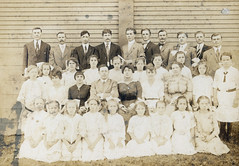
Studying and learning with a meaning instead of becoming a recipient of data dumping, can make all the difference in child’s life. See if a focus on building real talent your child’s life can be a cure to one of these common questions:
- How do I match my homeschool to my child’s learning style?
- What kind of daily routines can I copy that make sense in our home?
- How do I awaken my child’s entrepreneurial spirit?
- What can I do to accelerate my child’s learning so he can finish school sooner?
- How do I motivate my son who has no motivation to study or do anything serious?
- (Question as heard from teenage homeschool students) How do I finally become really good at something, instead of always studying?






























